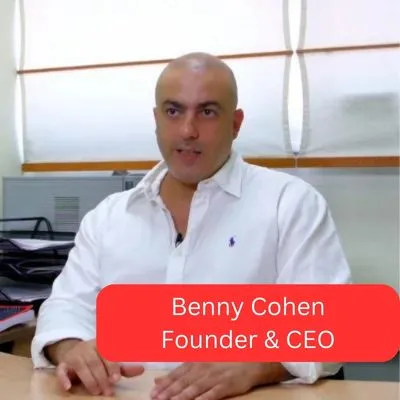This comprehensive and practical course includes learning the fundamentals of the open-source Linux operating system, widely used in various industries and purposes. To specialize in Linux, we have designed a comprehensive and practical curriculum that emphasizes hands-on exercises and practical experience.
What is Linux?
Linux is a free and open-source operating system used as a platform for a wide variety of computing systems. It supports various hardware devices and numerous I/O interfaces, offering efficiency, stability, flexibility, and security.
Today, Linux is nearly everywhere: servers, personal computers, embedded systems (Embedded Linux), smartphones, tablets, and more.
The Linux operating system is a developed offspring of the free Unix codebase. The main difference is that the Unix system lacked standardized specifications and formal licensing agreements at that time.
Due to the relatively new software landscape, different versions and development approaches of Unix posed challenges to the tech industry. The development, which began as open-source, evolved into an expensive industry branch. Versions that were initially freely available quickly turned into proprietary, commercial code with high costs.
During the same period, Linus Torvalds, a student at the University of Helsinki, ported the Unix source code (which was mostly used for university and commercial servers) to his version and adapted it for use on personal computers (the foundation of Linux).
In conjunction with another open-source project called GNU, Linux emerged as a free version with a special license that restricted users to free usage – meaning distributing different versions of the same Linux required significant development changes.
In the last decade, the "open-source movement" flourished, and companies began adapting Linux for embedded systems. This adjustment allowed Linux to cater to various hardware architectures, such as ARM, MIPS, and PQUICC.
Today, Linux supports a wide range of services, both on a hardware and software level. Linux can be found everywhere – in various versions. It's used by Red Hat for commercial servers, as platforms for smartphones (Google's Android), in Real-Time systems (as an alternative to expensive VxWorks), and generally on unique boards developed by different manufacturers.
The Linux course focuses on managing Linux-based operating systems. It provides all the necessary knowledge to work with the Linux operating system, understand, and manage its operation on various platforms.
Linux Learning — A Springboard to the Tech World
As mentioned, the Linux operating system boasts significant advantages over other operating systems. Among its key benefits are open-source code, high security, a large community, frequent feature updates, freedom of operation, and more.
Due to these advantages, numerous companies worldwide employ Linux, leading to a growing demand for Linux Admin professionals. These individuals ensure the system's operations align with the company's needs, covering tasks like installations, configurations, bug tracking, authorization management, and a wide range of important and necessary responsibilities.
Linux professionals have the option to work directly for leading companies in the tech industry as Linux server administrators, to further specialize in information security, and more. Alternatively, they can start a career path such as software testing, automation development, or DevOps.
All these fields are highly developed in the tech industry, and the Linux operating system is a significant part of these domains. Graduates of Linux learning programs possess an advantage, experience, and extensive knowledge that facilitate smoother and quicker integration into these fields.
During the Linux learning program at the college, we cover a wide array of essential topics related to operating the Linux system according to need. We learn about what Linux is, how to install it, Linux commands, the file structure in the system, graphics with Linux, authorization and user management, security, and more.
In the second part of the course, dedicated to Bash Scripting, we delve into learning Shell Script, commands, filters, the concept of processes and their significance in work, Loop in shell, and more. These topics, among many others, equip Linux learners to perform numerous tasks within the industry, motivating them to start or advance their professional knowledge and career.
This course can also be taken as part of a comprehensive curriculum — QA and Automation Development.
Who is the Linux Fundamentals course for?
- Individuals without a background in the Linux operating system who wish to enter this world.
- Those interested in learning Linux as a foundation for development courses within this operating system.
- Individuals who are interested in taking the international LPI certification exams.
Linux Fundamentals Course Prerequisites
- Basic computer skills.













